“Photography” literally means “to write or draw with light,” it seems natural that we are able to “read” photographs just like we read any other text. A good photographer knows some basic skills of visual literacy as they apply to photography—strategies for reading a situation or moment, comprehending the environment, and translating images into verbal language. Photography has changed not only the way that we make notes but also the way that we write and we think. Like an endless series of prompts, the photographs are a record of half-formed ideas to which we hope to return. Cameras are an integral part of photography. Technology has enabled us to have powerful cameras at our disposal, 24/7.
Digital photography, effortless and inexpensive, has turned us all into archivists. And the very act of taking a photograph, now so common, affects how we remember an event. Being a competent photographer goes beyond owning the latest camera gear, mastering your camera, and immersing yourself in the craft consistently- it is also about possessing certain qualities that enable you to see the beauty in places or objects that ordinary people cannot see, and capture the beauty in an image. So, what qualities make a good photographer? An eye for details- being meticulous while scrutinising every element to ensure cohesiveness- is essential in producing the perfect picture. Understanding the importance of light, and being able to focus- are essential skills of a good photographer, as well. Consider the following-
Light Values
What is light and what is dark in the photograph?
What is significant about what is light?
What is significant about what is dark?
How do these light values draw attention to details in the photograph?
How do they obscure details?
Background/Foreground (Focus)
What is foregrounded in the photograph?
What is backgrounded in the photograph?
What is sharply in focus?
What is blurry or out of focus?
Photography is a form of art. Therefore, it requires a creative mind—and plenty of imagination. A good photographer must be able to look at something ordinary, or even extraordinary, and find a million different ways to interpret what he’s seeing and convey those interpretations in beautiful and meaningful photos. Answering the following questions may help you appreciate photography better.
1. What is the function of lenses in cameras?
2. What is the difference between concave and convex lenses?
3. How do we measure resolutions of an image?
4. Why are cameras an important component of an automated vehicle?
5. Who, according to you, is the best photographer? and why?
References
1. http://www.getty.edu/art/photographs/
2. https://blog.britishmuseum.org/photography-at-the-museum-a-developing-story/
3.https://www.pulitzer.org/news/memoriam-danish-siddiqui-1980-2021
Author


